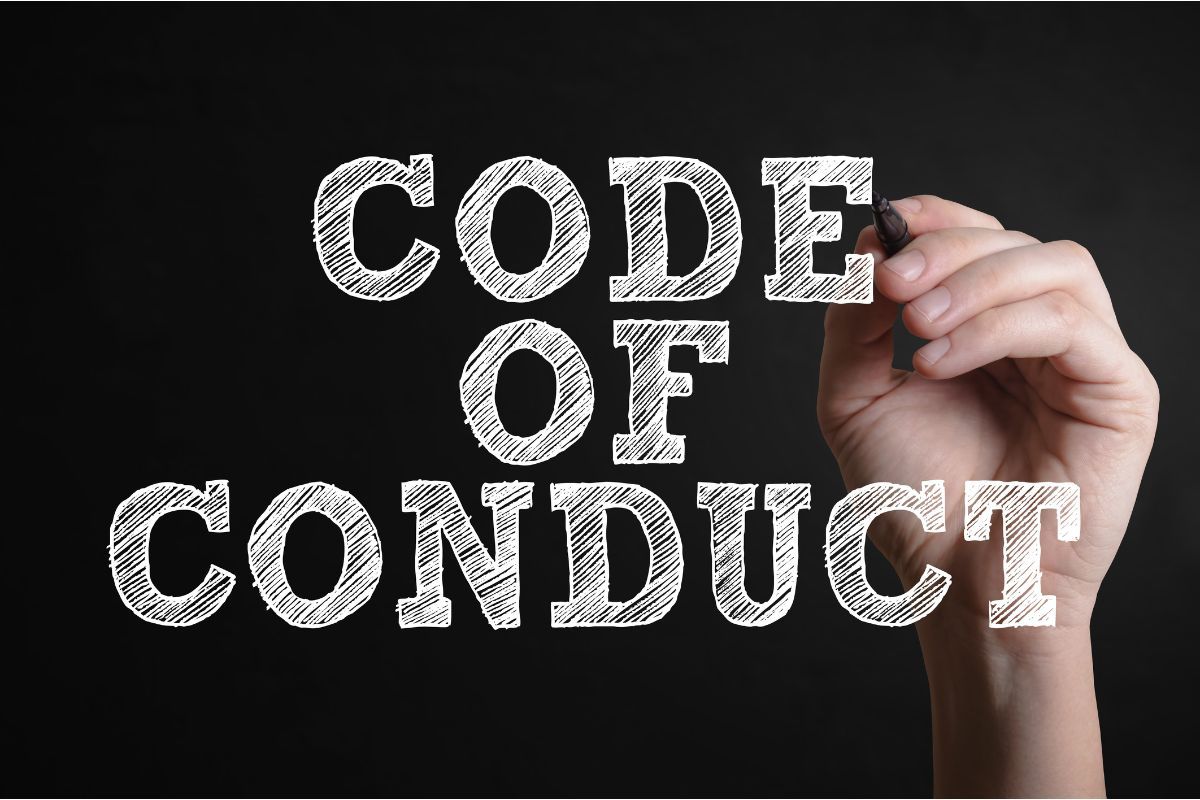Principles Of Professional Conduct – Relationships with Clients

While lawmakers and courts have ruled that sex with a client during the course of a professional relationship is unethical, many lawyers have continued the practice resulting in state bars frequently taking disciplinary measures against lawyers who engage in sexual relations with clients. Many attorneys believe that what happens between two consenting adults is no business of the State Bar or anyone else.
Prior to the 2018 changes to the California Rules of Professional Conduct, lawyers in California were banned from engaging in a sexual relationship with a client only if it was an exchange for representation or if it involved the coercion of a client. The new 2018 rules prohibit sex with clients, even if consensual, with the exception being if there was a previous, consensual relationship such as with a spouse or partner. Most jurisdictions in the United States now outright ban attorney-client sexual relations during a professional relationship.
In 2002, after recognizing the existence of lawyers exceeding certain boundaries with clients, the ABA adopted Model Rule 1.8(j), which imposes a per se ban on attorney-client sex. The ban makes sexual relationships that predate the attorney-client relationship the only exception to the rule. Today, over 30 states have adopted Rule 1.8(j).
The first two sections of Rule 1.8.10 Sexual Relations with Current Client of the California Rules of Professional Conduct read as follows:
(a) A lawyer shall not engage in sexual relations with a current client who is not the lawyer’s spouse or registered domestic partner, unless a consensual sexual relationship existed between them when the lawyer-client relationship commenced.
(b) For purposes of this rule, “sexual relations” means sexual intercourse or the touching of an intimate part of another person* for the purpose of sexual arousal, gratification, or abuse.
California enacted this rule to replace its previous regulation on attorney-client sex after the prior rule was criticized for under-enforcement because it left too much “wiggle room” for lawyers. For example, requiring bar counsel to demonstrate that the sex resulted in the lawyer doing some other unethical action, such as providing incompetent representation. California’s prior test failed because it was unworkable, necessitating in the new per se prohibition.
When the client is an organization, this rule applies to a lawyer for the organization, whether inside counsel or outside counsel, who has sexual relations with a constituent of the organization who supervises, directs, or regularly consults with that lawyer concerning the organization’s legal matters.
The California Desert Trial Academy focuses on providing an academic experience that emphasizes a practical approach to becoming a lawyer. We believe this is the most efficient and expedient pathway to a successful and rewarding legal career. At CDTA, we train, educate, and develop students to be exceptional attorneys and trial advocates. Call us today at (760) 342-0900 or find out more online here.


